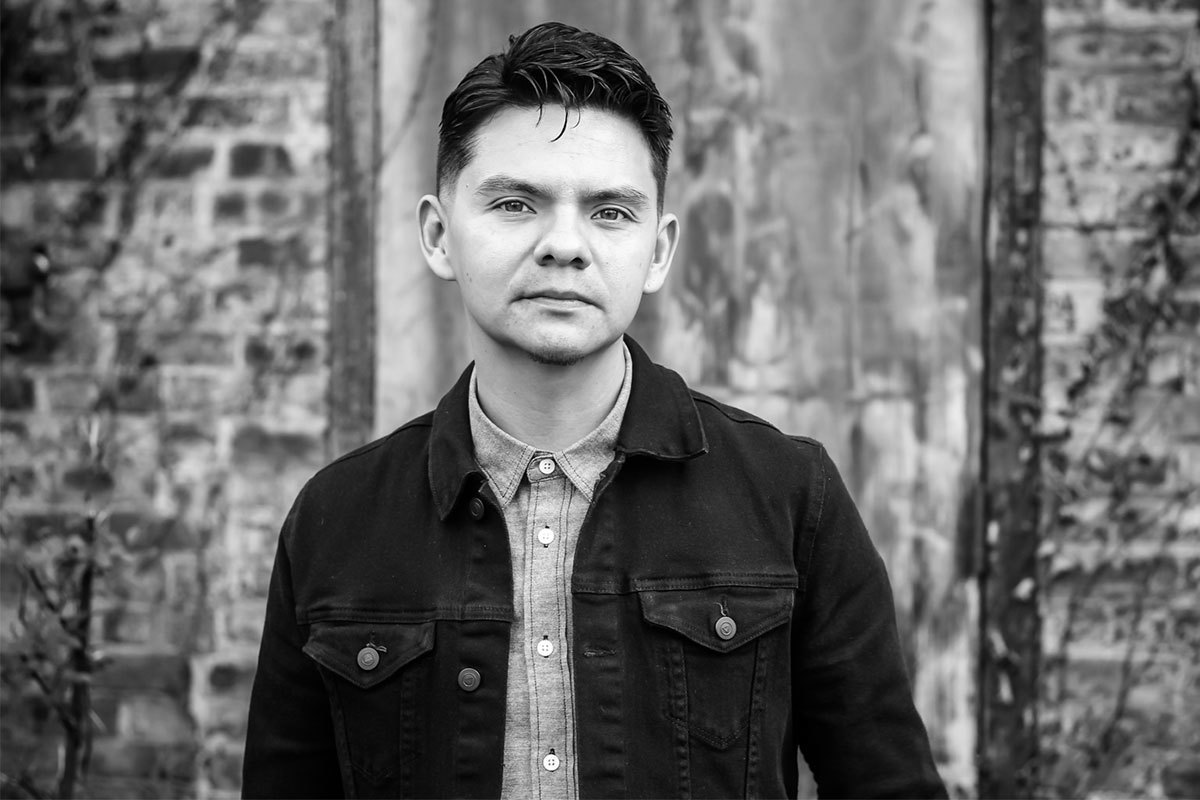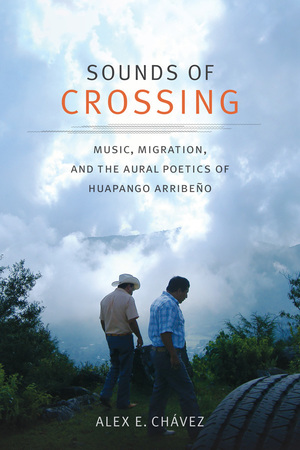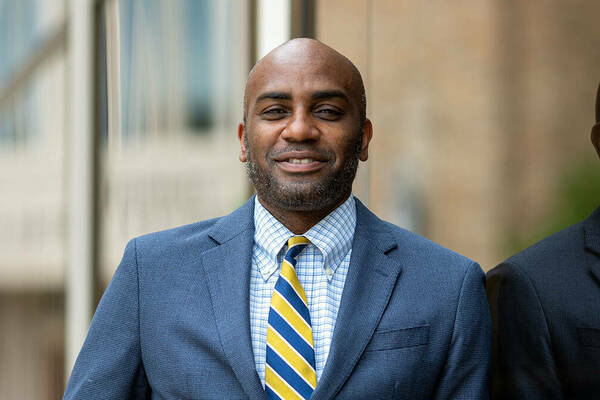
Notre Dame anthropologist Alex Chávez has been named one of 10 Mellon Emerging Faculty Leaders at the Woodrow Wilson National Fellowship Foundation.
The award supports junior faculty whose research focuses on contemporary American history, politics, culture, and society, and who are committed to the creation of an inclusive campus community for underrepresented students and scholars.
"It is exciting to be among this year's recipients, particularly because this award recognizes the full range of faculty work — both scholarly and publicly facing — in research, teaching, and service,” he said, “and the impact that work has in creating an inclusive community for underrepresented students and scholars both on campuses and in the broader public sphere."
The award seeks to free the time of junior faculty — including those from underrepresented groups and others committed to eradicating disparities in their fields — so that they can both engage in and build support for systems, networks, and affinity groups that make their fields and campuses more inclusive.

Chávez, an assistant professor who also recently won a National Endowment for the Humanities long-term residential fellowship at the Newberry Library in Chicago, is currently working on his second book project, a tentatively titled Audible City: Urban Cultural History, Latinx Chicago, and the Sonic Commons, which explores the relationship between sound and the city of Chicago.
In particular, Chávez is focusing on the connection between aurality and Latinx claims to citizenship in the urban context of Chicago, in particular, how sound-making, hearing, and listening form a nexus of common social recognition.
Chavez’s first book, Sounds of Crossing: Music, Migration, and the Aural Poetics of Huapango Arribeño, took an in-depth look at Mexican migrants’ cultural expression through music. It received high praise from his peers, including winning the Society for Latin American and Caribbean Anthropology Book Prize, the Association for Latina and Latino Anthropologists Book Award, and the Alan P. Merriam Prize from the Society for Ethnomusicology.


